A COUPLE of weeks ago I was delighted to receive an unusual present in the mail from across the pond – a ‘feta’ T-shirt made by Greek American businesswoman Christina Kakavas. Christina, from Chicago, started her company a few years ago, when she recognised a gap in the market for original T-shirts with a Greek theme and created her company Loukoumaki, which means sweet treat.
She now has a delightful range of T-shirts for kids and adults with Greek words and logos featuring feta (which I love, with its neat drawing of a feta slice) and other indelibly Greek symbols: the octopus, owl, and also the blue-eyed ‘mati’ (good luck) charm.
Christina is a warm, fun-loving Greek whose roots are in the southern Peloponnese. Her mother is from Kalamata, her father was from Messini, just north of the city. They migrated to Montreal, later moving to Chicago, but Christina says she has never forgotten her Greek heritage. She has had many summer holidays back in the Mani and also got married there, in the lofty village of Verga, overlooking Kalamata and the Messinian gulf.
The idea for the company came about after the birth of one of her nephews. “I looked for some cute Greek baby gifts after his birth but I couldn’t find any. When it was my turn to populate the earth with Greek babies (she now has two children, 8 & 5), the quest resumed. With some gentle pushing and prodding from friends and family, I decided to put my art degree to good use and started Loukoumaki,” she says.
Apart from wanting to have a business that would “proclaim my Greek heritage”, she also wanted to have some fun with the venture. “I wanted people to embrace their inner child and let it all out.”
To see Christina’s range of Ts and other accessories visit: www.loukoumaki.com
The good oil
IT’S tedious, back-breaking work but also fabulous when the sun’s shining and fat crimson olives are raining down on you. Olive harvest! Nothing like it! We well remember from our time in the Mani how the harvest dominates all of life from now until the beginning of February, especially in this region, which produces some of the best olive oil in Greece from the koroneiki variety of fruit, and of course the chunky Kalamata eating olives.
It’s also a time of olive angst and envy, with farmers arguing over sizes: “Mine are bigger than yours”, “His are as small as sultanas and wouldn’t even oil a bicycle wheel.” On and on it goes.
I can vouch for how hard the harvest is as we helped our farming friend Foteini, who does the work the traditional way with a katsoni stick, bashing the olives down from the branches on to ground sheets, bagging them and dragging the ground sheet from tree to tree. Foteini does more than 100 trees herself, unless she gets some help from rookies such as us. Most people now use petrol-motored combs that whirr the olives from the branches and mechanical trays that shoogle olives from cut branches. You can cover more distance this way.
Because of the economic crisis, olive production has come to mean more to rural Greeks, who can sell their surplus. Many Greeks we spoke to in Kalamata in 2011/2012, facing unemployment and wage cuts, told us they were thinking of moving back to their ancestral villages to work the land again and harvest their own olives.
The humble olive tree has always sustained Greeks in the past and nothing is ever wasted. The branches are gathered after the harvest, dried and used as fuel for heating in winter, more so now than ever before with the price of heating oil rising to around 1.30 euro a litre.
There’s something about olive trees that makes them uniquely appealing. Perhaps it’s their almost human shape – the stocky trunk and branches like sticky-up hair. Some of the trees around the Mani are hundreds of years old. Some of the oldest trees in the Mediterranean region have been dated to the early 11th century. A recent report on some of the olive trees in the Garden of Gethsemane at the foot of the Mount of Olives in Jerusalem, where Christ prayed the night before his crucifixion, are said to be at least 1,000 years old and directly related to the original family of trees that grew there at the time of Christ, which is an awesome link with the past.
Greeks are passionate and fearless about their trees and the harvest. Foteini, whose olive exploits were mentioned in my book, Things Can Only Get Feta, was expert at shimmying up through the branches wearing old welly boots, a hacksaw in her holster, singing folk songs and generally not giving a damn for health and safety, which is the endearing trait of most Greeks.
When we helped her, she was using an old patched-up ladder with thin metal strips bound around splintered rungs. When I asked her if she was worried about falling off her dilapidated ladder she simply slapped a big hand on her thigh and said: “Ach, I’ll worry about that when it happens.”
After the harvest, the olives have to be taken to an olive press pretty soon, before the fruit deteriorates, and tins of fresh, bright green oil can be back in the farmer’s hands in days.
I still remember the first time that Yioryia, the owner of the Iliovasilema (Sunset) taverna in our village of Megali Mantineia, gave us a bottle of oil straight from the press that day. When we took the top off it, the air zinged with a ripe, fruity aroma. It’s hard to describe just how delicious this fresh olive oil is drizzled on a simple plate of tomatoes and a slice of feta cheese.
Fresh olive oil is a ‘super food’. And it was no surprise to us that many of the older folk in Megali Mantineia were very spry, even in their 90s, with some of them still doing olive harvests and climbing trees.
Olive oil from this southern region is considered to be one of the purest, and Kalamata eating olives among the best in the world. Read British nutritionist, Nina Geraghty’s recent blog (in Food News) about the quality of these olives:
Having lived in Greece for a few years, I feel that the olive tree defines this land and is rooted deep in the Greek psyche. Beautiful, hardy, life-sustaining, the olive tree to most Greeks is a metaphor for their ability to survive and maintain their cultural identity whatever history throws at them. Never more so than now.
A book about living in Greece
For more details about my book, Things Can Only Get Feta based on three years living in the Mani, southern Greece during the crisis, visit my website www.bigfatgreekodyssey.com or visit Facebook www.facebook.com/ThingsCanOnlyGetFeta
Visit Amazon to buy the book (Kindle version – new edition). A new edition of the paperback will also be available shortly.
If you have already read the book and liked it please think about leaving a small review on Amazon. It will be very much appreciated.
I always love to hear from blog readers. To leave a comment, please click on the ‘comment’ link at the end of this post, right under the ‘tags’ list.
Thanks for calling by.
© Text and photographs copyright of the authors 2013
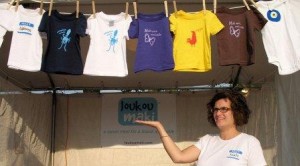

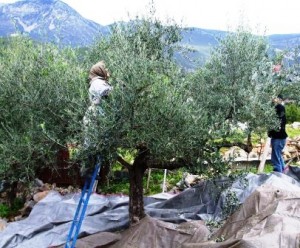
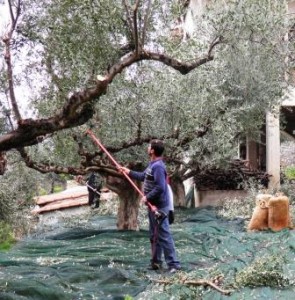

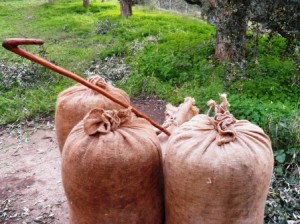
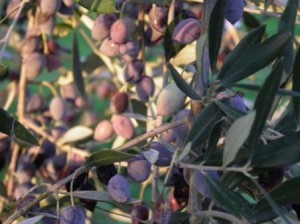
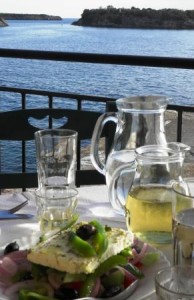
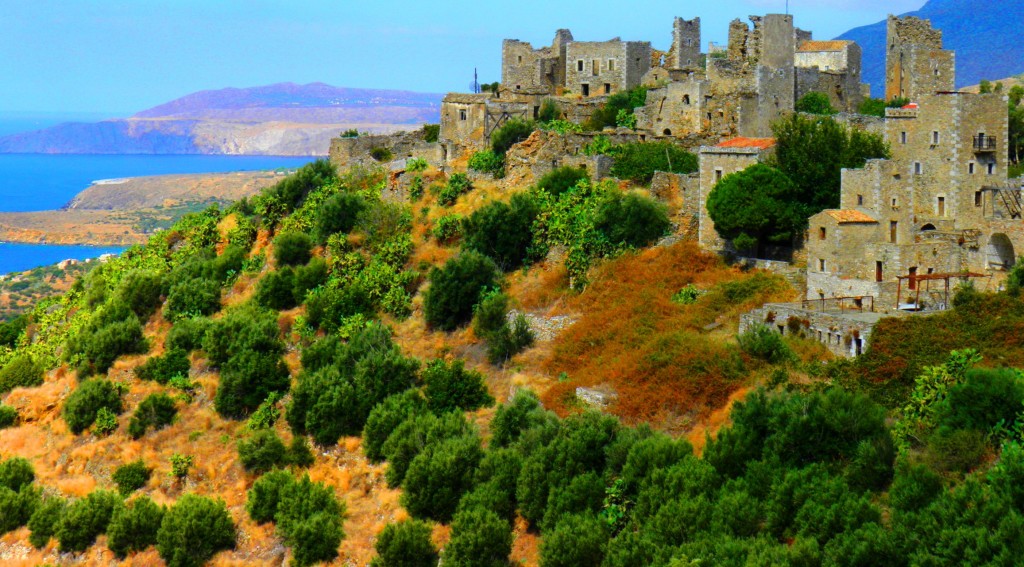
Thank you for your kind words Marjory!